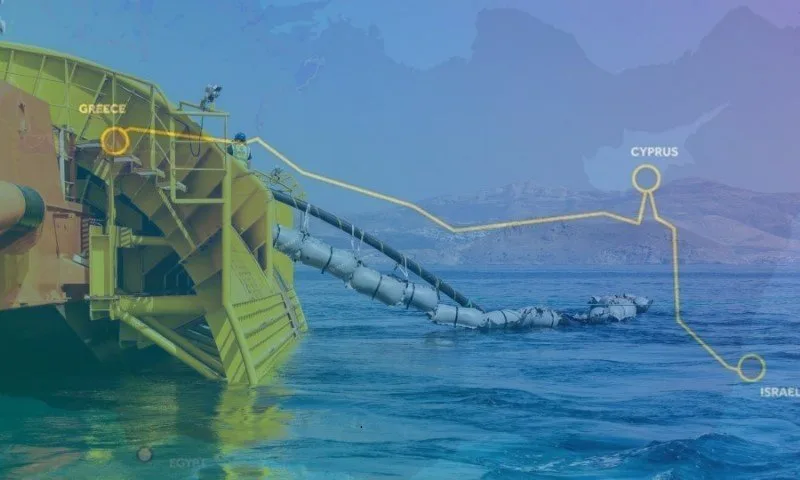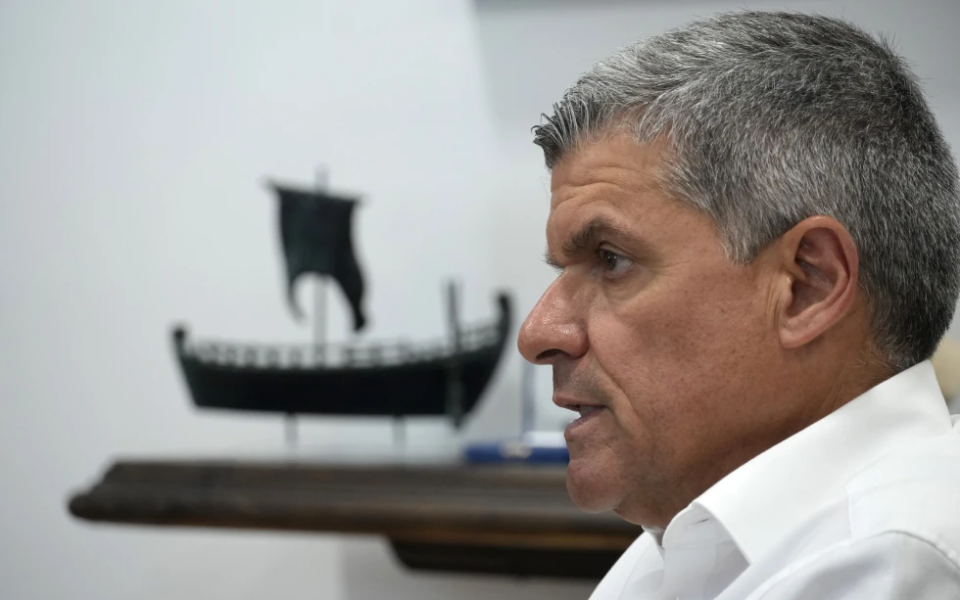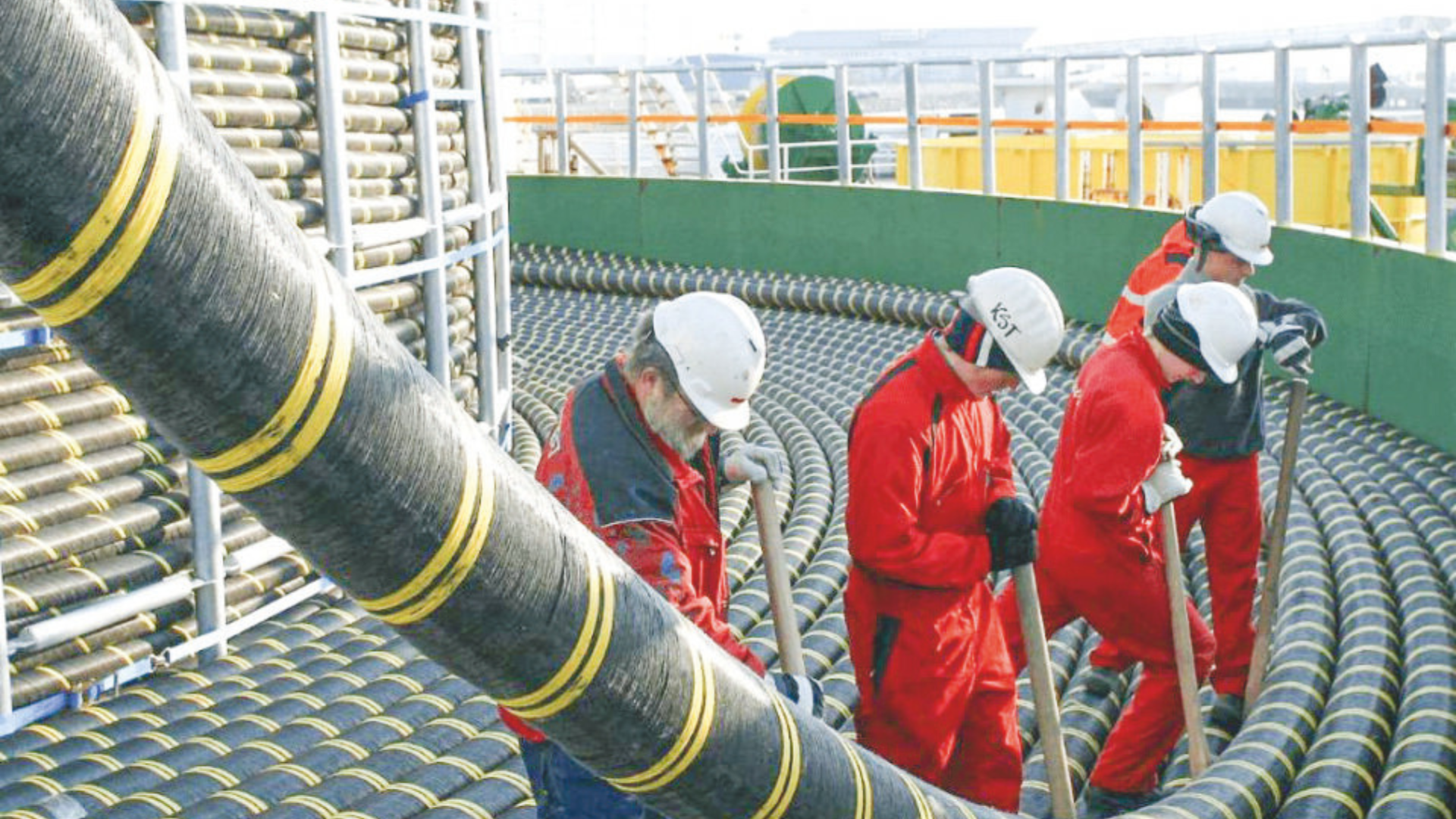Cyprus officially approved the construction of a $2.1 billion undersea electricity cable that will connect its power grid with Greece’s, marking a significant step towards reducing electricity costs and ending the island’s energy isolation.
Cyprus’ Energy Minister George Papanastasiou highlighted the Great Sea Interconnector’s importance, noting that it has received substantial backing from the European Union, which is funding $735 million of the total cost.
The Cypriot government will contribute an additional $27.8 million annually over the five-year construction period of the 1,000 MW cable. This contribution will be funded by revenue from the EU’s emission trading system, ensuring that Cypriot taxpayers will not face increased electricity bills as part of their share of the project costs.

The cable is expected to be completed by the end of 2029. Once operational, the cable, which spans approximately 900 kilometres, is anticipated to reduce Cypriot electricity bills by up to 40%.
Operating costs for the cable will be equally divided between Cypriot and Greek consumers. The project is projected to offer a guaranteed return on investment of 8.3%, making it an attractive opportunity for investors. The U.S. and the United Arab Emirates’ TAQA energy and water company has already shown interest in the venture.

Looking further ahead, there are plans to extend the cable to connect Cyprus with Israel’s electricity grid.
The Cabinet’s decision comes after weeks of negotiations with Greece’s Independent Power Transmission Operator, focusing on risk mitigation and financial viability of the project. Concerns include potential delays due to third-party interference.
France’s Nexans will oversee the cable’s construction, while Germany’s Siemens will handle the onshore transformers. Although the undersea route has been largely mapped, additional surveys may be needed to address challenging subsea terrain that could require trenching to protect the cable.
Source: Ekathimerini.
